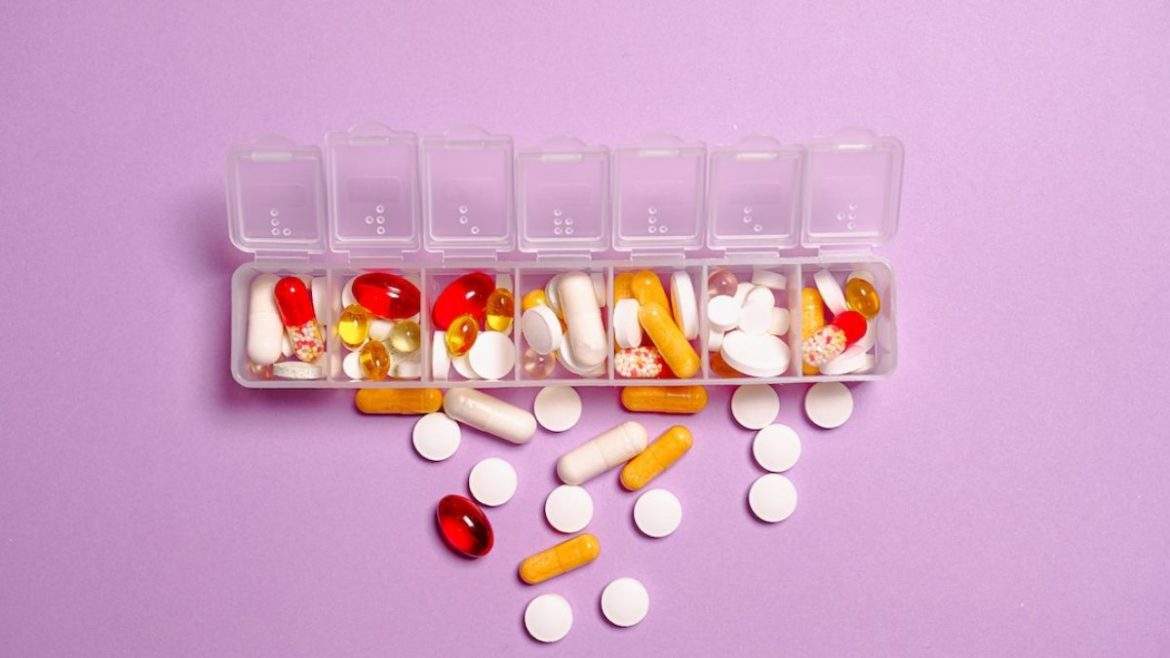Researchers have discovered a rising tendency in medicine-related damage resulting in hospitalisation.
The trend is linked to a growing tide of various long-term health issues (known as multimorbidity) related with the usage of multiple medications at the same time (called polypharmacy). This prospective observational study was conducted at Liverpool University Hospitals NHS Foundation Trust by researchers from the University of Liverpool and Bangor University. It involves a two-physician examination of 1187 medical admissions during a one-month period in 2019.
It was an update to the main study published in the BMJ in 2004 by Professor Sir Munir Pirmohamed and colleagues. At the time, 6.5 percent of hospital admissions were linked to unfavourable medication responses (ADRs). This revised statistic shows a considerable rise in that burden, with 16.5 percent of hospitalizations caused or worsened by a bad response to a medication.
Polypharmacy is often described as the use of five or more regular medications. The researchers discovered that those who had an ADR used more medications and had more comorbid diseases than those who did not experience an ADR.
Polypharmacy may be difficult for patients, especially when it occurs in the context of overprescribing, which occurs when individuals are given drugs they don’t need or desire, or which may damage them. Overprescribing has skyrocketed in the previous 25 years. This was noted in a recent NHS overprescribing study, which suggested that 10% of prescriptions (about 110 million) should not have been issued.
Medicine and Analysis
This new analysis demonstrates that the problem is worsening and that addressing the social, structural, and cultural aspects to overprescribing requires a whole-systems approach.
“Our analysis reveals that adverse medication responses inflict a major cost on patients and hospital admissions,” stated Dr. Rostam Osanlou, Specialist Registrar in Clinical Pharmacology.
This comes at a high cost to the NHS (over £2 billion per year), and more efforts in this area might both enhance patient care and save money for the NHS.”
According to Dr Lauren Walker, Senior Clinical Lecturer at the University of Liverpool: “Patients must report any adverse medication reactions to the MHRA through the yellow card system. Patients should address any negative effects with their healthcare provider and should not discontinue medications on their own.”
David Weatherall Chair of Medicine, Professor Sir Munir Pirmohamed, stated: “Our new research emphasises the ongoing burden that adverse medication responses inflict on patients and the NHS. There is no single straightforward answer to avoid this, thus a multi-layered strategy is required, ranging from education on proper prescription to the usage of technology. This would be in line with the long-term goals of the NHS.”
According to the researchers’ calculations, the yearly cost of ADRs that result in hospitalisation is at least £2 billion. A coordinated national effort is required, in addition to those highlighted in the NHS overprescribing report, to enhance the benefit-risk balance of prescription medications and, as a result, minimise the burden of ADRs on patients and healthcare providers.





